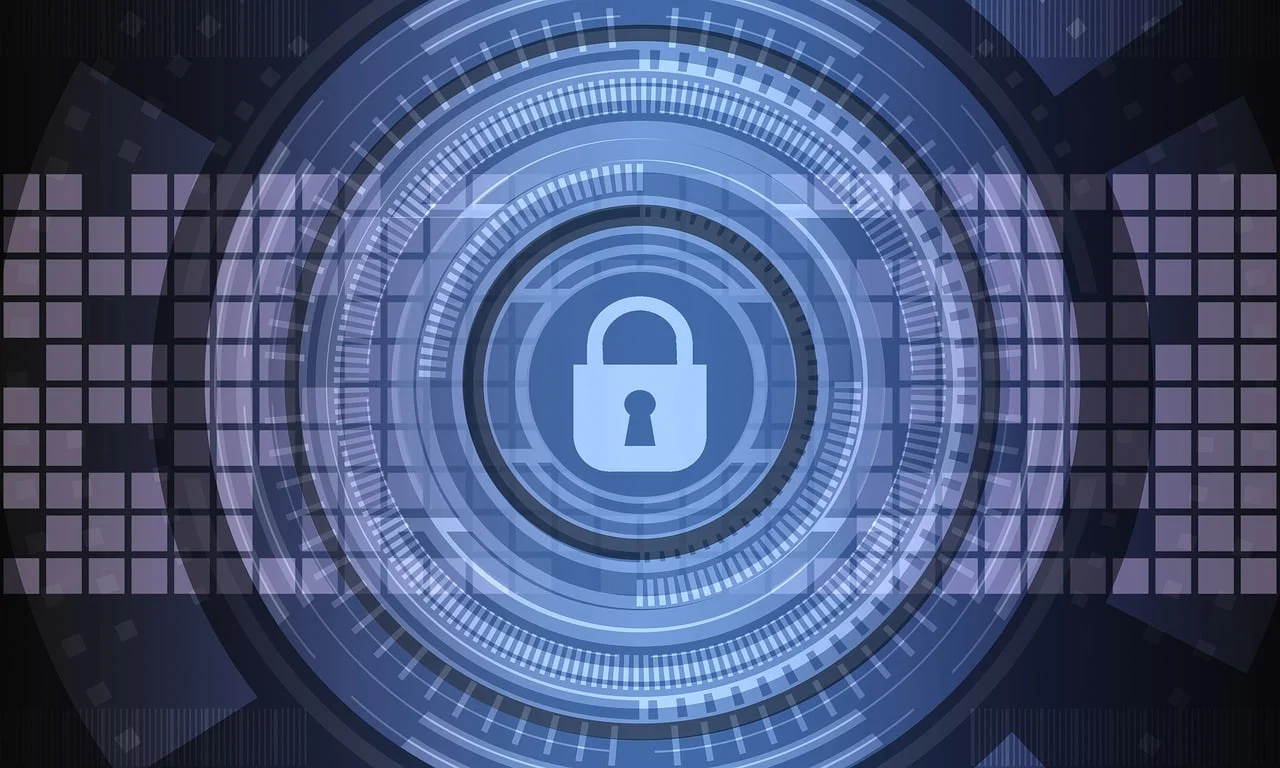This is especially true for lab and research notebooks. Physical copies of these kinds of records leave them open to potential loss or damage. Scanning these allow you to not only have a backup, but also keep the information password protected so that only people authorized to see the notes can access the files.
Book Scanning and Digitization Services
When it comes to preserving, protecting, and accessing information contained in books (like lab and research notebooks), there’s no better way than converting that media to digital files. Datamation specializes in providing non-destructive and destructive book scanning services for companies with collections of newspapers, booklets, and other bound media. We can scan your books, yearbooks, and other bound materials in full color or black and white and deliver the files in whatever format you prefer.
If you are scanning your books for historical preservation, we understand that these pieces are fragile and delicate. That’s why our employees are trained in white glove service when it comes to handling and scanning books. Depending on your preference, we can even repair some of the pages before scanning.
We scan lots of books, lab notebooks, and media types for our clients. These include, but aren’t limited to:
- Hardcover books
- Newspapers
- Magazines
- Rare and fragile books
- Lab notebooks
- Yearbooks
- Manuals
- Research notebooks
- Log books
- Ledgers
- Bound medical records
- Surveys
As a high-volume document scanning company, we are unable to accept personal, one-off projects at this time. We primarily work with large collections and archives.
Also, you must make sure that you have the rights to digitize your books. We can’t scan something that you do not have copyright permission to digitize. For example: if you are a student, we can’t scan your college textbooks. But if you are the college textbook publisher looking to scan your books for archive or disaster recovery purposes, we can.
Benefits of Book Scanning

The immediate benefit for digitizing your collection of books is that you will free up significant space in your office or records room. Books and notebooks will be scanned and then either destroyed or returned to you for long-term storage elsewhere.

With your books scanned to digital files, and then run through optical character recognition (OCR), your media becomes fully text-searchable. This means you can do extensive and easy look up if you want to find a name across newspaper archives or product mentions in instruction manuals.
Additionally, multiple people can access the same work at once. This allows for easier collaboration, lower wait times, and fewer misunderstandings. Digital files can be emailed out instead of needing to be mailed, or links can be shared with auditors. Also, authorized users will be able to access the data from just about anywhere on their mobile device.

One of the main reasons that organizations choose to scan their books is so they can preserve the information forever. You won’t have to go to your records room and page through old books just to get the information you need; you’ll only need to do a search from your computer! This is also great for libraries and historical societies who want to make information accessible but want to limit contact with their older books.


The Datamation Book Scanning Process
We make the book scanning process easy. Our first step is a consultation to understand your needs, your business goals, and what we can go help. We’ll go over what is expected, the scope of your project, and inspect the books and media. This is the right time for you to ask any questions or address any concerns you may have.
After that, our team will come and pick up your books and transport them back to the office. You can also hire your own courier, if you prefer.
Once the books and/or bound media are at the office, they are prepared for scanning. Please note: if the books or media are older and more fragile, we will discuss preparation with you prior to pick up.

Books are then scanned one of three ways, depending on type:
- On a flatbed scanner (good for spiral bound notebooks or workbooks)
- On a planetary (overhead) scanner (good for smaller bound books like yearbooks)
- On our V-shape imaging system (good for newspapers and oversized magazines)
As the books are scanned, our staff will index them so that they are keyword searchable after completion. If requested, pages are then run through optical character recognition (OCR) for full text searchability.
Once the digital files are complete and checked for quality and completeness, they are returned to you via DVD, USB, cloud drive, email, or another digital file transfer method. The books will then be returned, unless you have requested destruction.